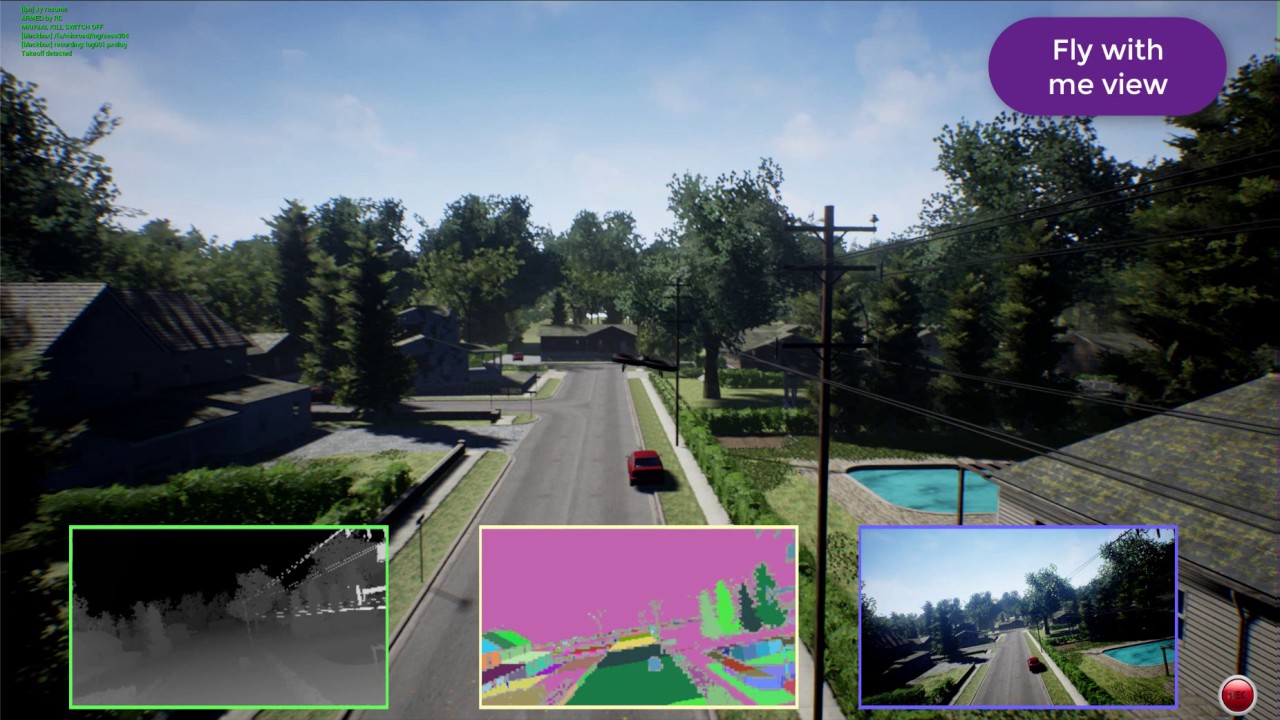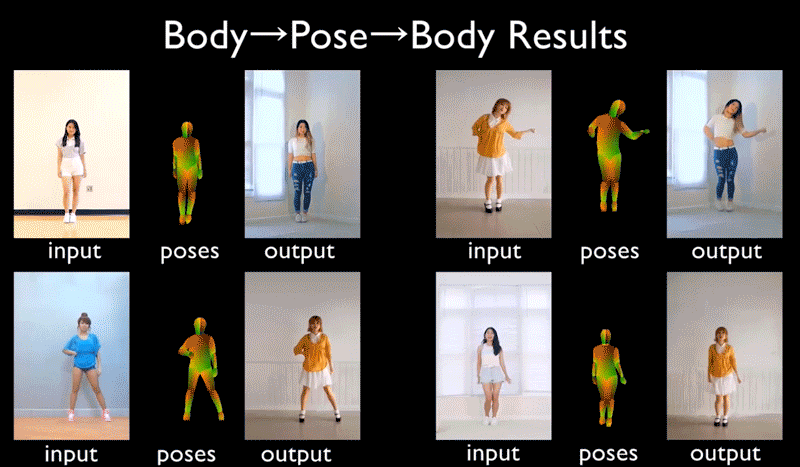Machine learning and artificial intelligence have had a high impact on the evolving future of technology as well as human lives. Numerous innovations in the past few years were witnessed in the field of technology. The most important part of machine learning is to deal with real-world problems.
In this article, we list 10 most useful machine learning projects for 2019 that will help you in tasks related to real-world problems. These projects equip ML enthusiasts with codes and datasets to learn and apply to real-life issues.
(The list is in alphabetical order)
1| AutoKeras
This is an open-source software library for AutoML (Automated Machine Learning) which is developed by DATA Lab at Texas A&M University. This open source project provides functions to automatically search for architecture and hyperparameters of deep learning models.
To install the package, the pip installation is to be used as follows:
pip install autokeras
2| AirSim
This is an opensource, cross-platform project by Microsoft with the purpose to serve AirSim as a platform for AI research to experiment with deep learning, computer vision and reinforcement learning algorithms for autonomous vehicles. It supports hardware-in-loop with popular flight controllers such as PX4 for physically and visually realistic simulations.
AirSim is mainly a simulator for drones, cars and more, that is built on Unreal Engine. It is developed as an Unreal plugin that can simply be dropped into any Unreal environment. It exposes APIs so you can interact with the vehicle in the simulation programmatically.
3| Detectron
This is the Facebook AI Research’s software system that implements state-of-the-art object detection algorithms, including Mask R-CNN. It is written in Python and powered by the Caffe2 deep learning framework. The goal of Detectron is to provide a high-quality, high-performance codebase for object detection research and is designed to be flexible in order to support rapid implementation and evaluation of novel research. It includes the implementations of object detection algorithm such as Mask R-CNN, RetinaNet, Faster R-CNN, RPN, Fast R-CNN and R-FCN.
4| Deep-Photo-Styletransfer
This open-source project is a deep learning approach to photographic style transfer that handles a large variety of image content while transferring the reference style. It has been developed by researchers at Cornell University and scores 8750 stars in GitHub in the last year. It helps in suppressing the distortions and yields satisfying photorealistic style transfers which are done by semantic segmentation and Matting Laplacian is used to constrain the transformation from the input to the output to be locally affine in colour-space.
5| Dopamine
Dopamine is a research framework for fast prototyping of reinforcement learning algorithms. It aims to fill the need for a small, easily grokked codebase in which users can freely experiment with wild ideas (speculative research).
The design principles are:
- Easy experimentation: Make it easy for new users to run benchmark experiments.
- Flexible development: Make it easy for new users to try out research ideas.
- Compact and reliable: Provide implementations for a few, battle-tested algorithms.
- Reproducible: Facilitate reproducibility in results.
6| Fast.ai
The fast.ai library works to simplify training fast and accurate neural nets using modern best practices. The library is based on research into deep learning best practices undertaken at fast.ai and includes “out of the box” support for vision, text, tabular, and collab (collaborative filtering) models. Here is the complete documentation of fast.ai to take a deep dive into it.
To install or update fastai, conda is highly recommended:
conda install -c pytorch -c fastai fastai pytorch
7| FastText
It is an open-source, free, lightweight library that allows users to learn text representations and text classifiers. FastText basically works on standard, generic hardware. It is a fast and accurate tool for text-based language identification that can recognize more than 170 languages. It takes less than 1MB of memory and can classify thousands of documents per second.
In 2017, the Facebook AI Research (FAIR) team released pre-trained vectors in 294 languages, accompanied by two quick-start tutorials, to increase fastText’s accessibility to the large community of students, software developers, and researchers interested in machine learning.
8| Magenta
Magenta is an open-source research project started by the researchers and engineers from Google Brain Team that helps in exploring the role of machine learning in the process of creating art and music. It involves developing new deep learning and reinforcement learning algorithms for generating songs, images, drawings, and other materials.
Magenta is distributed as an open source Python library, powered by TensorFlow. This library includes utilities for manipulating source data (primarily music and images), using this data to train machine learning models, and finally generating new content from these models. It maintains a pip package for easy installation and Anaconda is highly recommendable.
9| Sonnet
Sonnet is a library built on top of TensorFlow for building complex neural networks. The main principle of Sonnet is to first construct Python objects which represent some part of a neural network, and then separately connect these objects into the TensorFlow computation graph.
To install sonnet, run:
pip install dm-sonnet
The recommended way to import Sonnet is to alias it to a variable named “snt”:
import sonnet as snt
10| vid2vid
This project is an implementation of PyTorch for high-resolution photorealistic video-to-video translation. It can be used for turning semantic label maps into photo-realistic videos, synthesising people talking from edge maps, or generating human motions from poses. Here is the link to the paper of full implementation of this project.































